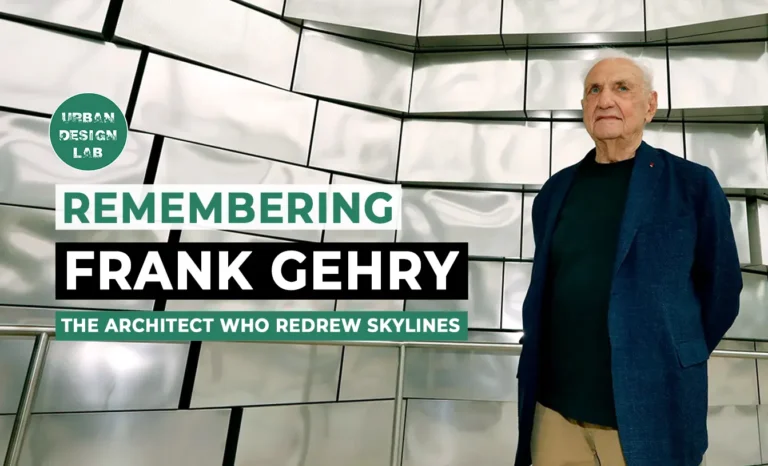
Best Topics for Research in Urban Design and Planning
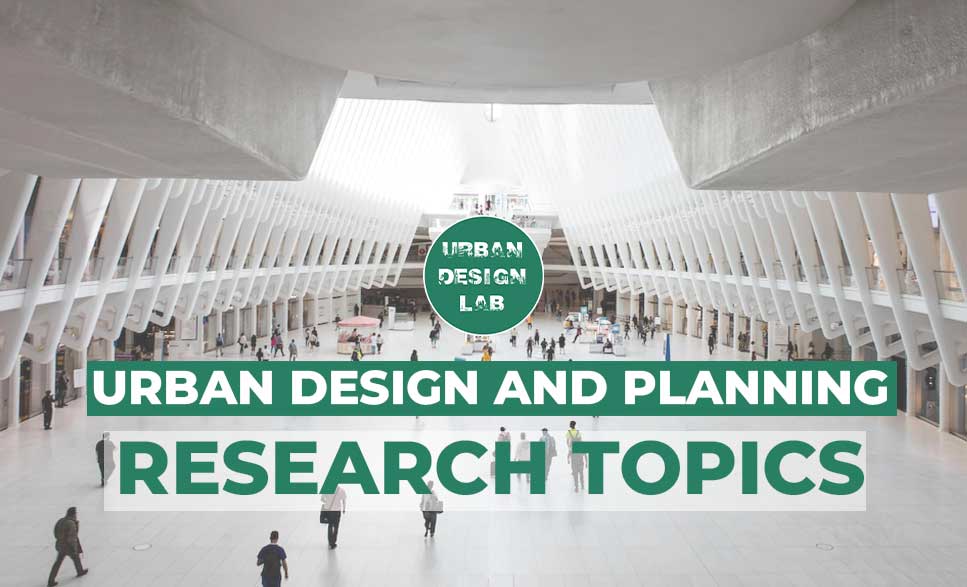
Research in urban and regional planning has grown tremendously in the recent decade. This section contains the best and most relevant topics related to research in Urban design and regional planning.
Areas of Study
Mediated City
This theme builds on work done by Kevin Lynch in the early years of the program and focuses on how form and meaning are perceived and communicated in the current city. At issue are the effects of advanced information technology on contemporary culture, as well as the increasing importance of narrative on the form and design of cities. Our work around this theme seeks to understand how urban experience is shaped by the preservation of culture, history and memory, by the development of new kinds of “mediated” places and activities in the public realm. We are also interested in the tools and technologies by which changes in urban form and landscape can be visualized and understood.
Urban Transformation
This theme is concerned with the future of cities and regions of the 20th century. Industrial land, infrastructure, warehouses, housing, ports and waterfronts, rail-lines and depots, mines and oil fields, are among an inventory of abandonment, all seeking temporary and permanent re-use. Our inquiries around this theme hope to clarify new design approaches to urban and regional transformation, involving elements such as education, ecology, retrofitting and cultural development as well as new forms of housing and transportation.
Urban Performance
The quality of urban life and work is currently being challenged and shaped by many forces such as demographic patterns (aging and disability, for example), international economics (globalization and the demise of distance), and environmental pressures (sustainability, resource conservation, energy). Our inquiries around this theme ask how cities can be reshaped in the face of these forces; how design and construction standards affect livability and energy consumption; what role citizens should play in determining urban quality in a contemporary democracy; and how one understands the form of the vast, poor urban areas of the world and the enormous discrepancy between them and places of wealth.
Design Paradigms
With the re-evaluation/repudiation of modernism as the dominant perspective on design, this theme takes to task the development of design paradigms appropriate to contemporary urban circumstances both in the United States and other parts of the globe. Our inquiries around this theme center on the making of good public places, the expression of private and public environments in the city, the aesthetics of popular demand, the reshaping of the form of low-density cities and public housing, and the role that design can play in the changing peripheries of cities.
Managing and financing urban infrastructure
As cities expand and incomes increase, finding innovative solutions for sustainable mobility becomes increasingly important. This specialisation seeks to provide hands-on knowledge and expertise on how local governments can most efficiently manage, finance and operate municipal infrastructure to deliver desired levels of service.
This specialisation is connected to IHS’ Green City work field in which providing resilient, energy efficient and smart infrastructure play a prominent role in helping cities to become more sustainable and green. The primary focus is on developing countries and countries in transition.
Urban housing, equity and social Justice
Housing should be understood as ‘more than houses’. Researchers active within this strand of research strive to link housing issues with the livelihoods strategies of the urban poor. In addition, livelihood assets are analysed in view of their vulnerability and institutional context.
This translates into the importance of looking at the housing problem from a holistic standpoint. Physical, political, social, economic and environmental issues interrelate with each other. The objective is to produce urban environments that should ultimately reduce poverty, and increase quality of life. Both housing and social policies, strategies and instruments need to be designed with a clear understanding of these aspects if they are ever to efficiently address the problem of urbanisation of poverty.
Urban Environment, sustainability and climate Change
Cities all over the world experience severe environmental and climate change related problems. This research theme addresses new approaches for urban environment and climate change management.
UECC is one of IHS’ largest research teams that works towards understanding the impact and use of urban environmental policies and instruments including urban climate change adaptation and mitigation strategies.
Urban strategies and planning
Around the world, urban professionals increasingly face challenges such as accelerated urbanisation, an increase in informal housing, and climate change. In order to deal with these challenges urban planning has moved away from comprehensive master plans to more flexible strategic plans. Contemporary strategic planning integrates more social and economic considerations into the physical and spatial dimensions of planning.
Researcher within this specialisation seeks to offer creative and innovative solutions to better understand the needs of different social and economic interests within urban planning management. Different from the classical study of urban planning, this strand focusses on the combination of urban planning policies, city development strategies and public-private partnerships.
Urban competitiveness and resilience
Cities cannot be understood as autonomous entities. There are affected by complex processes on the local, regional and global scale. Given the increasing dependency of cities on global economic networks, it is crucial to find the balance between social wellbeing, local economic development and global strategies that can ensure resilience to socioeconomic shocks and fluctuations.
This research theme investigates how globalisation processes, local economic development, and urban conditions can enable cities to successfully compete or collaborate with other cities on various scales. This is done by analysing and comparing urban networks, economic geography, foreign direct investments and local economic development as well as city marketing and branding.
Urban Conservation
Urban conservation is concerned with those parts of the built environment that are of architectural or historic significance. This includes buildings (individually or in groups), localities (streets, blocks, environments or precincts), special gardens or landscapes, and other structures.
Researchers, advocates and policymakers have proposed urban conservation as an emerging, integrative discipline that can contribute to sustainable cities by delivering co-benefits to human and non-human components of biodiversity
Research Topics:
Spatial Planning
- Growth Effects of Urban-Rural and Intra-Regional Linkages on Non-Metropolitan Counties and Communities
- Spatial Distribution of Best Management Practices for Stormwater Management
- The application of computer-based information systems to urban planning and public policy making
- How are the urban poor involved in the design and implementation of neighbourhood development programmes?
- What is the impact of neighbourhood development programmes on the local initiatives and livelihoods of the urban poor?
- Urbanization As An Important Determinant In Spatial Organization
- Effects Of Rural-Urban Migration On Public Utilities
- Assessing The Spatial Distribution And Locational Impact Of Petrol Service Stations
- Appraisal Of The Urban Management Challenge Of Informal Land Delivery
Urban Housing
- Relationships and Support: A Qualitative Study of Homeless Families
- Comparative analysis of rent differential in selected residential areas
- The Role Of Co-Operative Societies Towards Development Of Rural Communities
- Cluster Planning and Cluster Strategy in Regional Economic Development Organizations
- The Broader Social Network of Community Planning: A Diagnostic Tool for Communities to Assess Their Planning Capacity
- Sustainable Urban Housing Development through Planning Mechanism
- Migration Patterns and Its Impact On Urbanization And Urban Housing
- Housing transformation, rent gap and gentrification
- Impact Of Slum On Value Of Residential Properties
- Social housing in low and middle-income countries (incl. public housing, government-built housing, subsidized housing programmes, low-income housing, affordable housing)
- Infrastructural Development, Real Estate Agency Rebranding And Review Of National Housing Policy
- The Impact Of Industrialization On Rural Development
- The Role Of Private Partnership In Housing Finance, Delivery And Maintenance

Urban Public Spaces
- Multifunctional public open spaces for sustainable cities
- Immigrations in the public space: understanding urban cultural landscapes
- Urban Public Space as Social Interaction Space
- Modeling, analyzing, and visualizing human space appropriation
- Smart engagement for smart cities: Design patterns for digitally augmented, situated community engagement
- Evaluating publicness of public spaces
- Informal public places and its transforming patterns in the city
- Urban public realm : a spatial manifest of culture
- City planning strategies for women’s safety in public spaces

Urban Transportation
- The implementation of an integrated transportation planning model with GIS and expert systems for interactive transportation planning
- Increasing freight transport efficiency using intermodal transport.
- Epidemic and mobility. A New Paradigm for mobility plans after the Covid-19 crisis
- Alternatives Selection for Sustainable Transportation System.
- Sustainable management of public transportation system
- Environmental impacts of everyday mobility
- Environmental assessment of public bus transportation systems
- Minimization of Fuel Consumption in City Bus Transportation
- Proposed framework for sustainability screening of urban transport projects in developing countries
- Effects of speed management and roadway parameters on traffic flow along arterials
- Sustainability and business management in transportation companies
- Factors that contribute to unsafe behavior and leads to an unsustainable urban transport
- Safety and security of women and girls in public transport
- Inclusive public transportation for differently abled people
- Challenges in provision of universally accessible tansport facilities
- Assessment Of Urban Bus Service
- Analysis Of Intra Urban Traffic Problems In Rivers State
- Urban Futures: Transportation in an Era of Fuel Shortages

Environmental Issues
- Sustainable and green energy
- Impact Of Environmental Planning On Rural Development
- An Assessment Of Cross Ventilation In Public Buildings
- Flood Generating Structures In Kubwa Urban Landscape
- Assessment Of Impact Of Urbanization
- Causes Of Excess Flood
- Impact Of Environmental Problems
- Consequences Of Incompatible Land Uses On The Environment
- The role of urban spatial structure in reducing VMT and GHG emissions
- Impact of climate change on the ecological state of earth natural resources.
- Impact of climate change on agricultural activities across the globe.
- Solutions to the current climate change crisis.
- Future implications of climate change with the current trends
- Urban governance arrangements for climate change adaptation

Heritage Conservation
- The Urban Conservation Approach
- The Role of Public-Private Partnerships and the Third Sector in Conserving Heritage Buildings, Sites, and Historic Urban Areas
- Urban Conservation and Regeneration
- Managing change in the historical city
- A framework for adapting urban forests to climate change
- Equity in Heritage Conservation
- The Role of Traditional Neighborhood Centers in Procreating Sense of Place in the Modern Cities
- Heritage place inventory: A tool for establishing the significance of places
- Building Conservation and Urban Regeneration
- Historic Preservation as Urban Regeneration
- The creative response to ruins following the conservation principle
- Historic Cinemas Conservation: The Difficulty of Re-Development Proposals
- A Study of Heritage Authenticity in the Context of Heritage Tourism
- Historic Cinemas Conservation
- Revitalisation of urban areas with heritage value – towards a heritage precinct conservation and improvement plan
- Repair techniques for conservation of heritage structures
- Planning urban heritage through stakeholder participation
- Rethinking adaptive reuse
- Heritage conservation and cultural continuity
- Landscape management of a heritage site
- Landscape management and conservation of biodiversity
- Industrial heritage

GIS, Space syntax and Bigdata
- Geospatial data for energy, environmental science, climate change, and geology-related research
- Geospatial data and maps for research on humanitarian topics. Includes data on armed conflict, agriculture & food security, refugees, and links to multidisciplinary humanitarian data repositories.
- Crowd Simulation – Mastering the collective dynamics of interacting objects in urban phenomena at the scale of individual households, people, and units of real estate and at time scales approaching “real-time”
- City Engine – Assessing feasibility and plan implementation using Esri’s City Engine improving urban planning, architecture, and overall design
- Integration of GIS and BIM – Operating a facility with BIM (building information modeling) because of its ability to analyze information and integrate data from different systems.
- Urban Model Development Feasibility – Evaluating multiple land use scenarios; testing and refining transportation plans; producing small-area concept plans, and modeling complex regional issues with Envision Tomorrow
- Building Footprints – Crowd-sourcing digital mapping
- Land Use Policy – Reproducing individual behavior with agent-based modeling to simulate their behaviors and outcomes having a direct impact on the surrounding landscape.
- Space Syntax Models – Gaining a better understanding of human behavior and connectivity through a graphic representation of space configuration in urban structures
- Future Development Patterns – Locating future growth and evaluating scenarios such as loss of prime agricultural land.
- Land Use – Generating polygons and classification with the multi-resolution segmentation algorithm
- Homeless Shelters – Analyzing urban inequalities and homelessness to allocate homeless shelters appropriately.
- Web-Based GIS for Collaborative Planning and Public Participation: An Application to The Strategic Planning
- Web Based Geo-Information Services for Land Use Planning.
- Water Balance of a Catchment: A Remote Sensing and GIS Approach.
- Visualizing The Application of GIS in Transformation Towards a Sustainable Development and A Low Carbon Society.
- Using GIS to Study Lusters of Urban Crime and Safety in Transport Nodes.
- Using GIS for Developing Sustainable Urban Growth.
- Use of GIS in City Planning Development Enforcement and EIA
- Use of GIS as A Tool to Improvement of Solid Waste Management
- Urban Land Use Land Cover Classification Performance of Machine Learning (ML) Algorithms and Change Detection.

Other Topics related to other urban design and planning:
- Managing urban infrastructure and building projects
- Water, Sanitation and The Modern City
- From Mosques and Coffeehouses to Squares and Cafes: The Production and Transformation of Political Public Spaces and Social Life
- Contested Politics and the Production of Urban Space
- Foreign Investments and City Making
- Urban Development and Quality of Life of the Elderly
- Moving towards disaster: examining the changing patterns of social vulnerability in a multi-hazard urban environment
- Sustainable drink water sanitation
- What type of initiatives do the urban poor (low-income families, slum dwellers) take, individually or collectively, to improve the liveability of their settlement?
- The relationship between different urban designs and environmental impacts
- Multi-level and multi-actor governance
- Climate change and environmental decision making and finance
- How are cities planned?
- What visions does urban planning follow and whose vision is it?
- What are the underlying features of urban development and what is the role of self-organisation?
- How do micro-interventions (such as placemaking and streetscaping) connect with planning and implementation on the municipal and national levels?
- What factors determines a city’s global competitiveness?
- What urban characteristics are attract foreign direct investments?
- How to develop more resilient cities with healthy relationships between local, regional and global interests?
- Which economic sectors should be promoted in order to boost sustainable local economic development and social wellbeing?
- How does global economic unevenness affect economic inequality in African countries and cities?
- Evaluation Of Cost Recovery For Water Supply
- An Assessment Of Tourism Potentials
- Analysis Of The Effects Of Socio-Economic Characteristics On Tourism Habits Among Residents
- Analysis Of The Patronage Characteristics Of Tourism Destinations
- Analysis Of Women’S Participation And Incorporation In Waste Picking And Solid Waste Management
- Appraisal Of Tourism Habits Of Academic Staff
- Assessment Of Residents’Attitudes Towards Recreation
- Appraisal Of Sanitary Facilities In Public Areas
- Agricultural Information Sources And The Production Capacity Of Cassava Farmers In Akwa Ibom North West Senatorial District
- Self-Help Programmes And Rural Development In Ibiono Ibom Local Government Area
- Tenement Housing And Induced Domestic Conflict
- Waste Generation And Management Strategies
- Impact Of Public Pit Toilet System And Its Associated Problems
- Problems And Prospects Of Land Registration
- Causes Of Construction Project Failures And Abandonment
- The Impact of Urban Relocation: A Follow-Up Study
What other topics should be added in the list?—Leave a comment below.
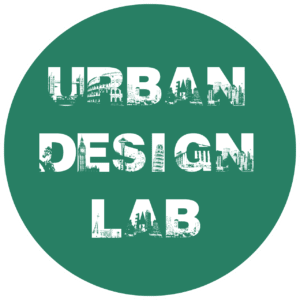
Urban Design Lab
About the Author
This is the admin account of Urban Design Lab. This account publishes articles written by team members, contributions from guest writers, and other occasional submissions. Please feel free to contact us if you have any questions or comments.
Related articles

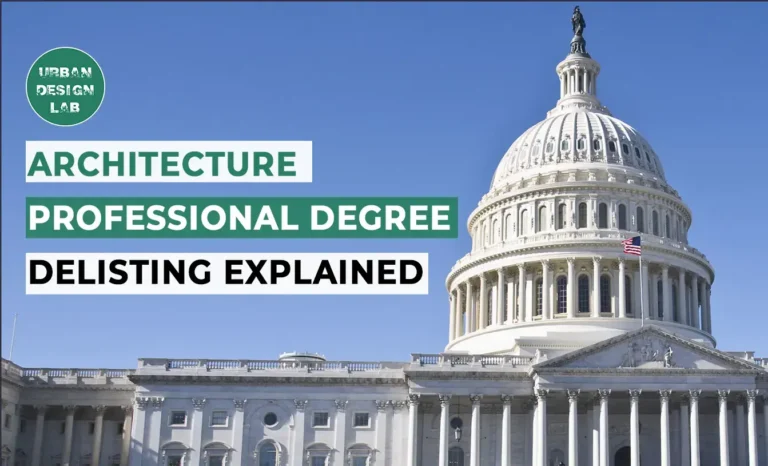
Architecture Professional Degree Delisting: Explained
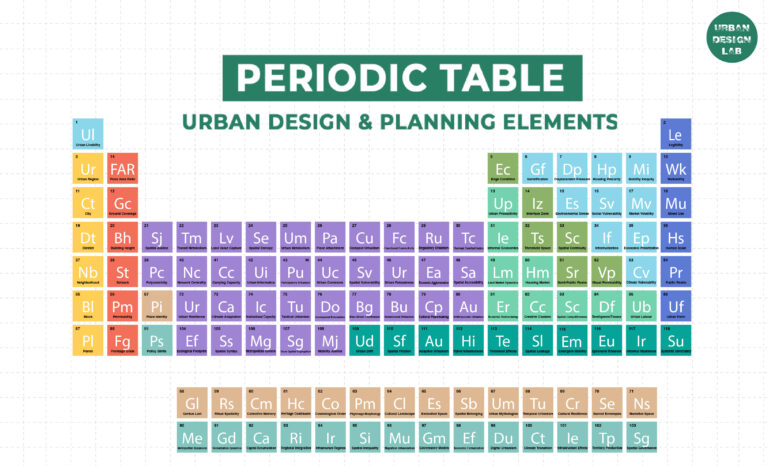
Periodic Table for Urban Design and Planning Elements
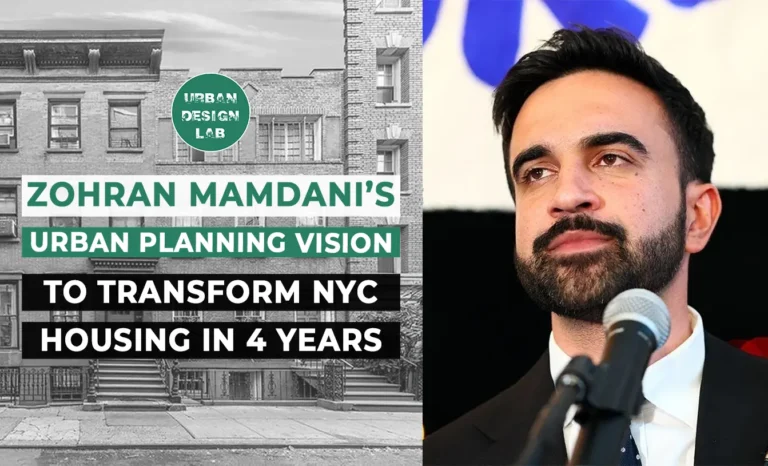
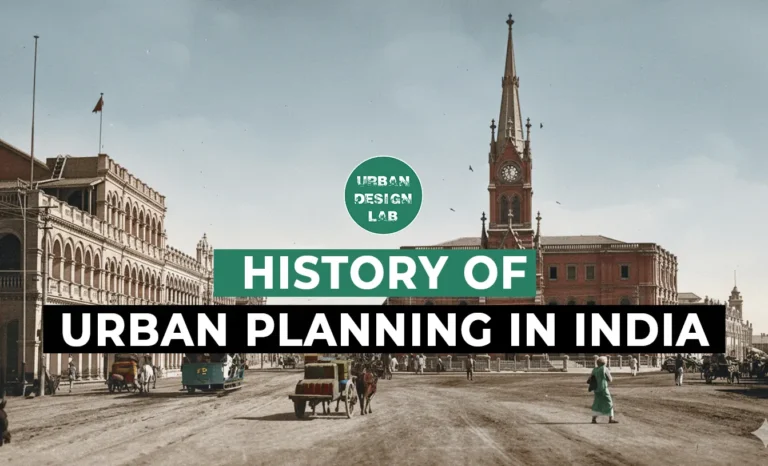
History of Urban Planning in India
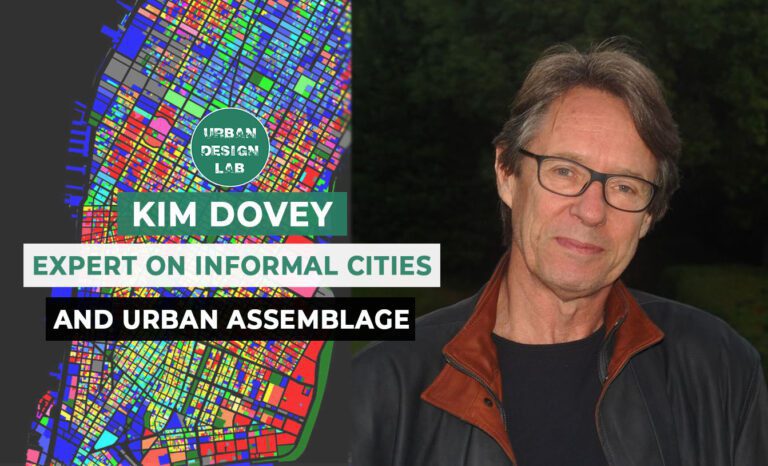
Kim Dovey: Leading Theories on Informal Cities and Urban Assemblage
UDL GIS
Masterclass
GIS Made Easy – Learn to Map, Analyse, and Transform Urban Futures
Session Dates
23rd-27th February 2026

Urban Design Lab
Be the part of our Network
Stay updated on workshops, design tools, and calls for collaboration
Curating the best graduate thesis project globally!
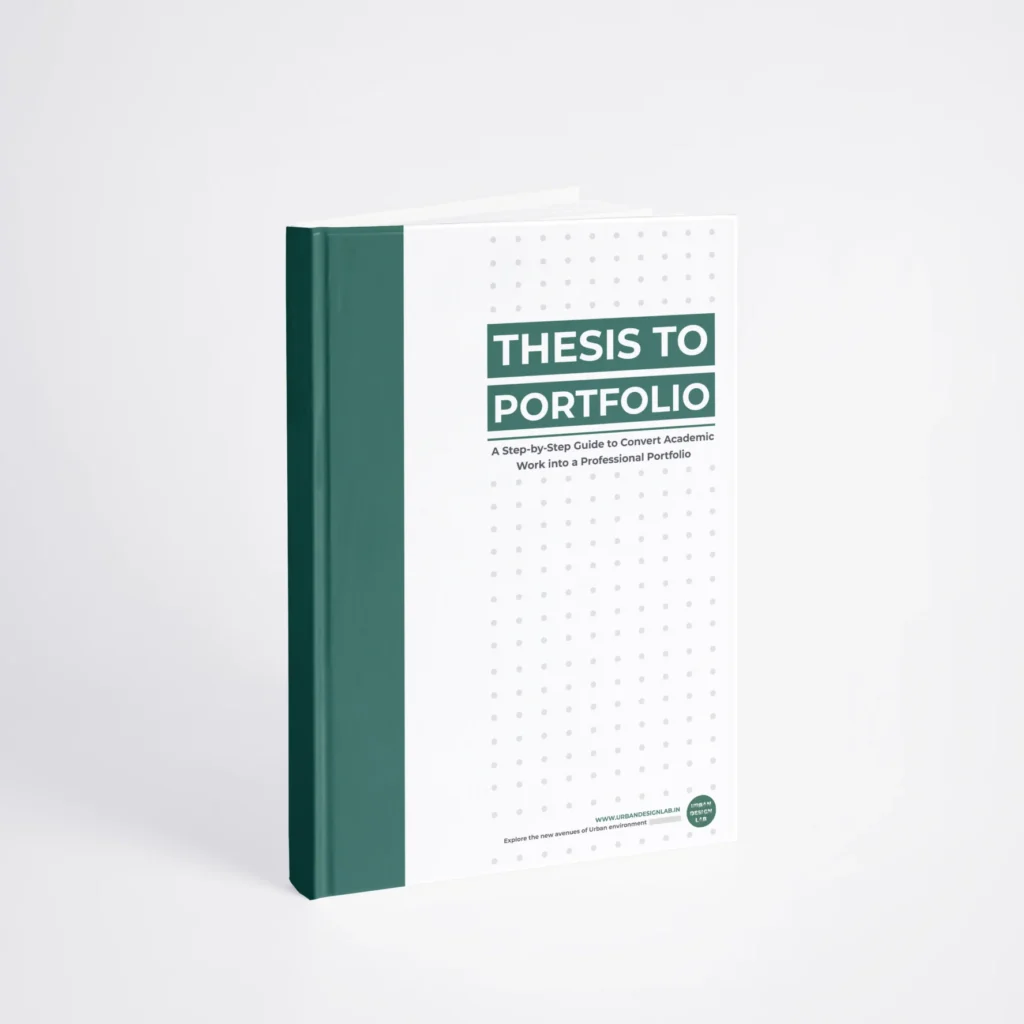
Free E-Book
From thesis to Portfolio
A Guide to Convert Academic Work into a Professional Portfolio”
Recent Posts
- Article Posted:
- Article Posted:
- Article Posted:
- Article Posted:
- Article Posted:
- Article Posted:
- Article Posted:
- Article Posted:
- Article Posted:
- Article Posted:
- Article Posted:
- Article Posted:
- Article Posted:
- Article Posted:
Sign up for our Newsletter
“Let’s explore the new avenues of Urban environment together “

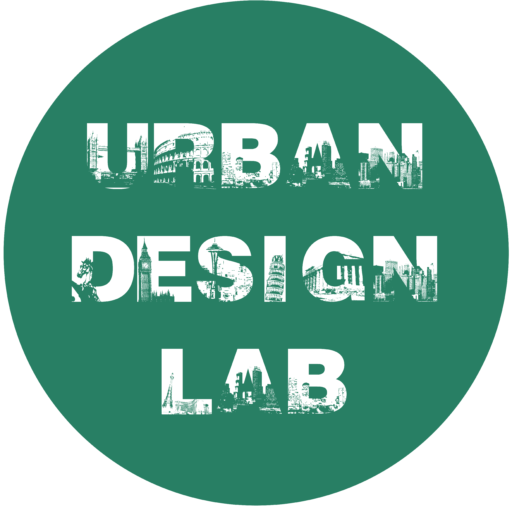
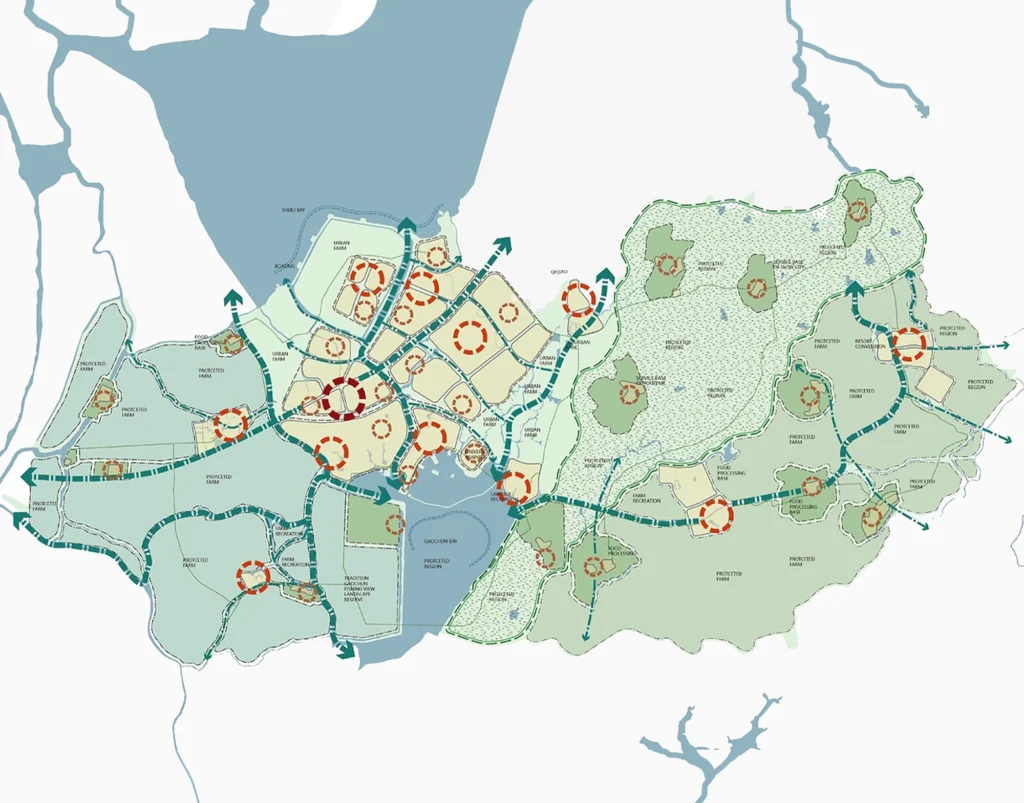
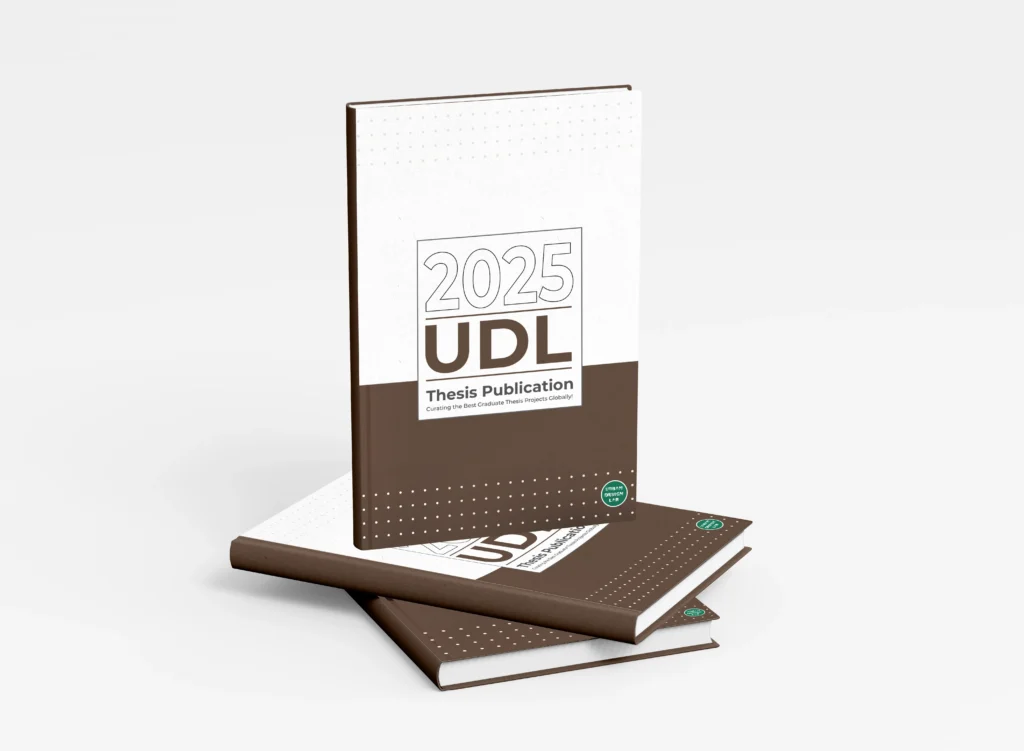

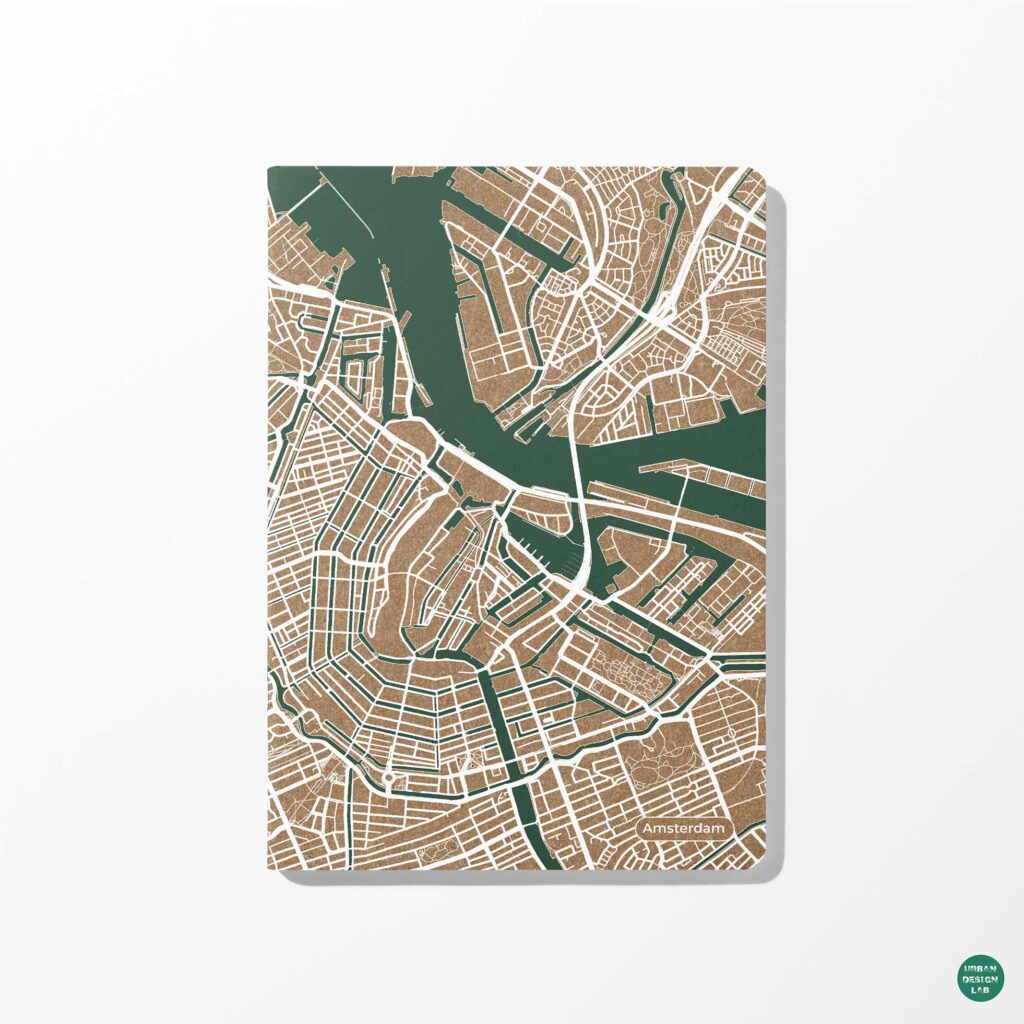
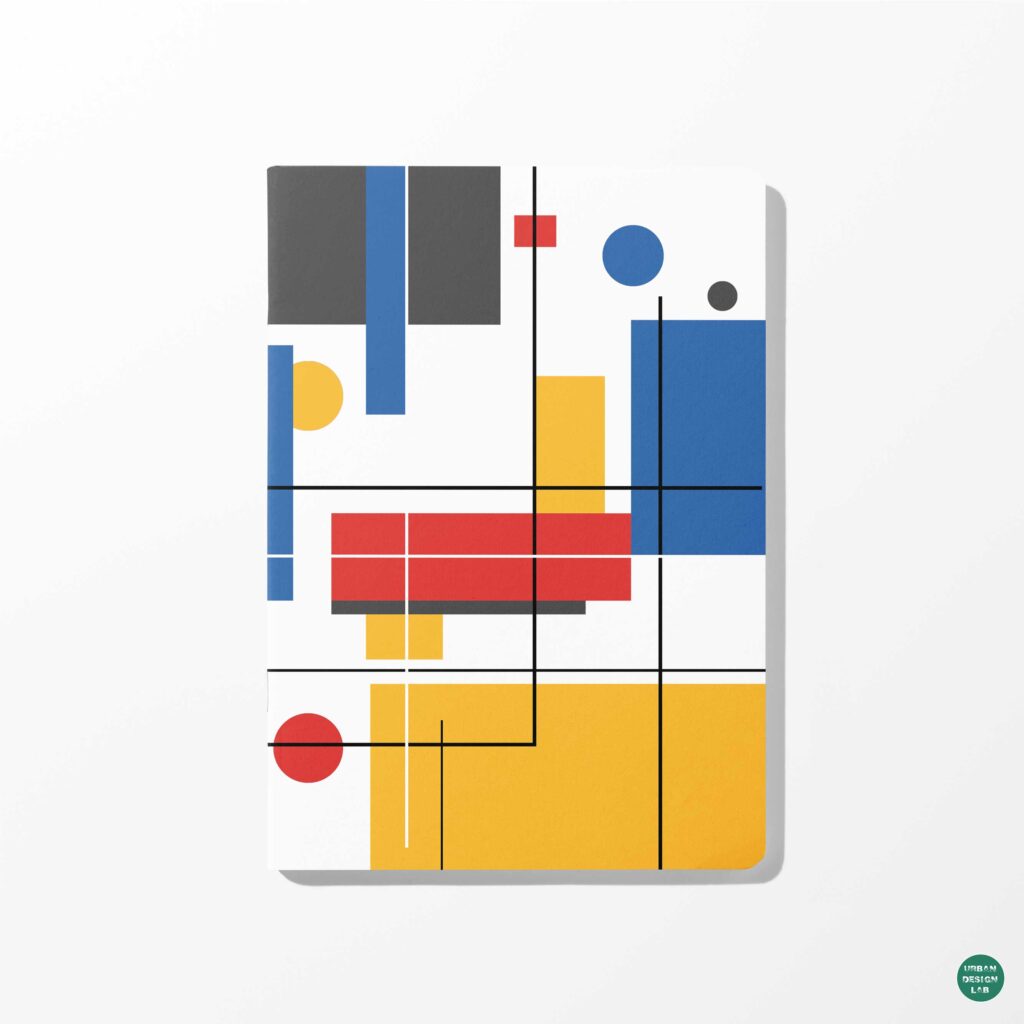
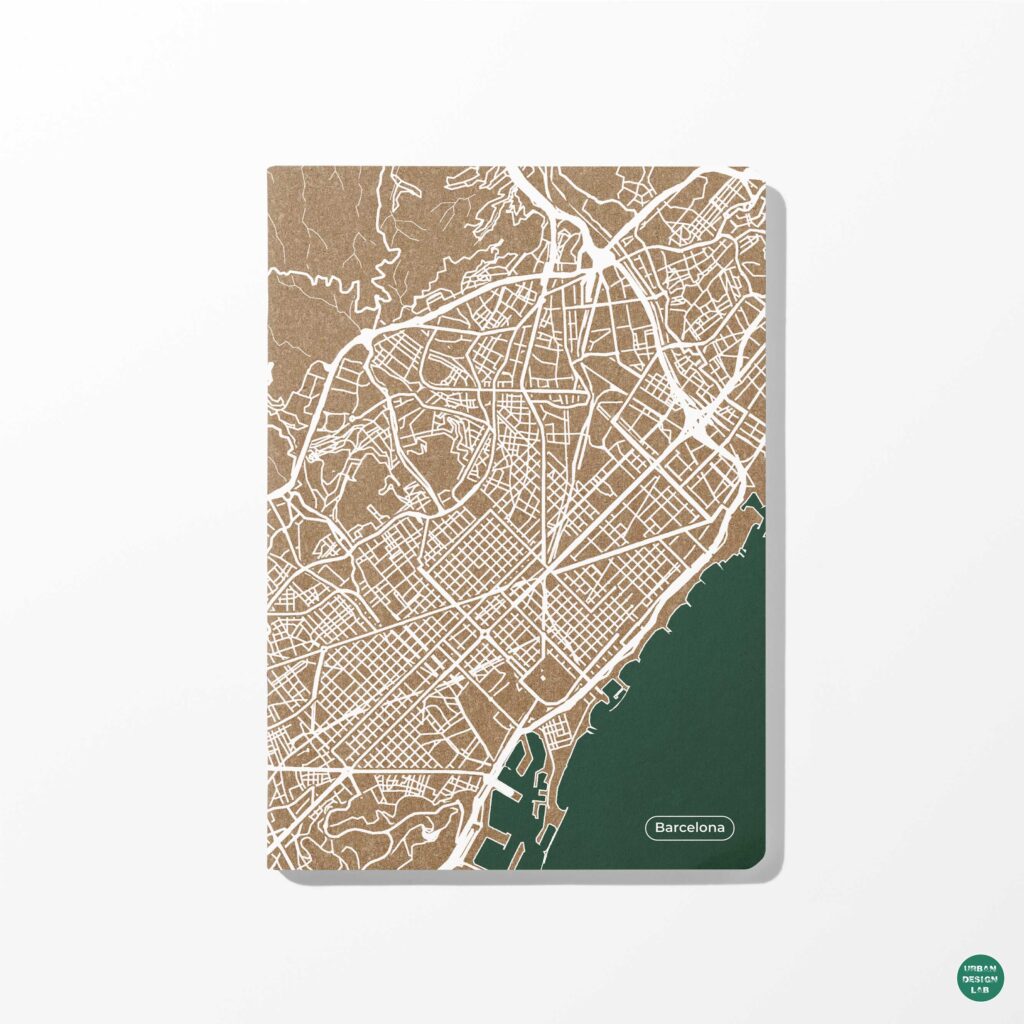
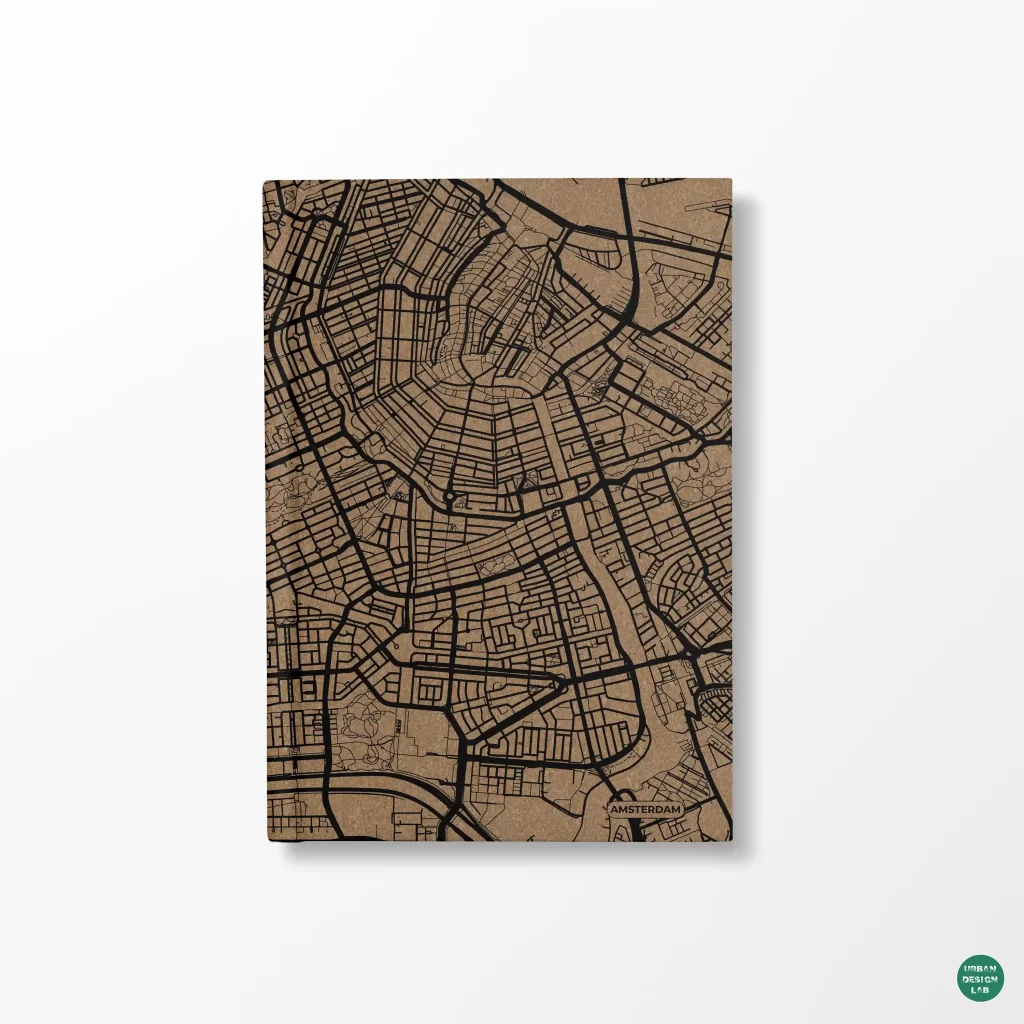
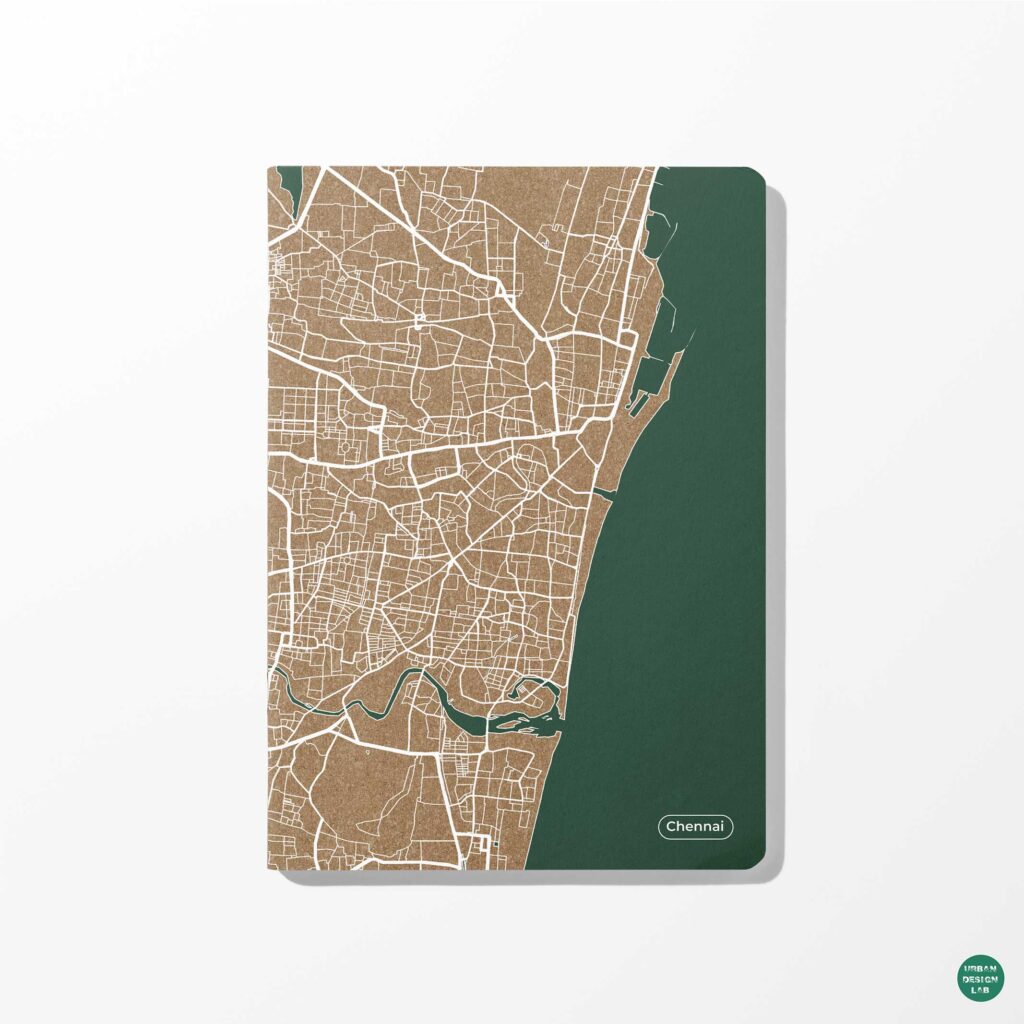

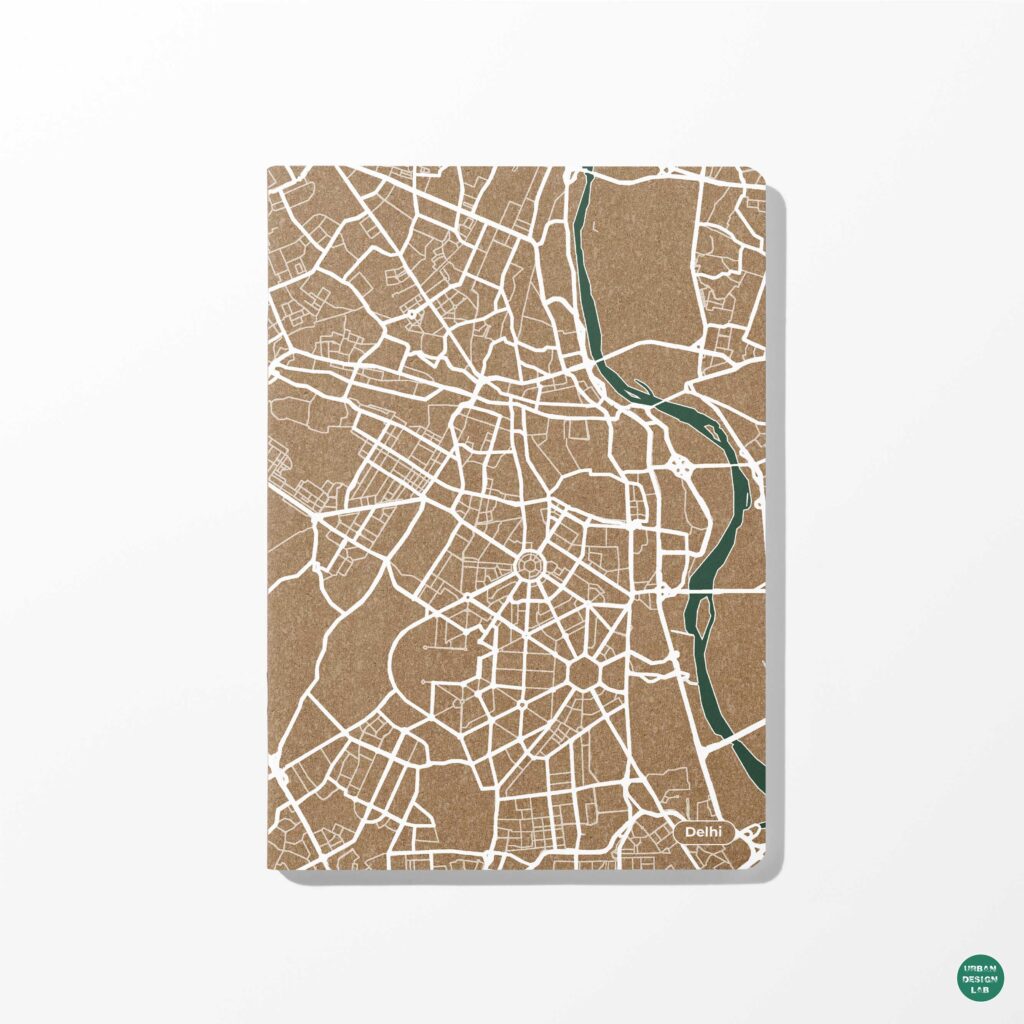
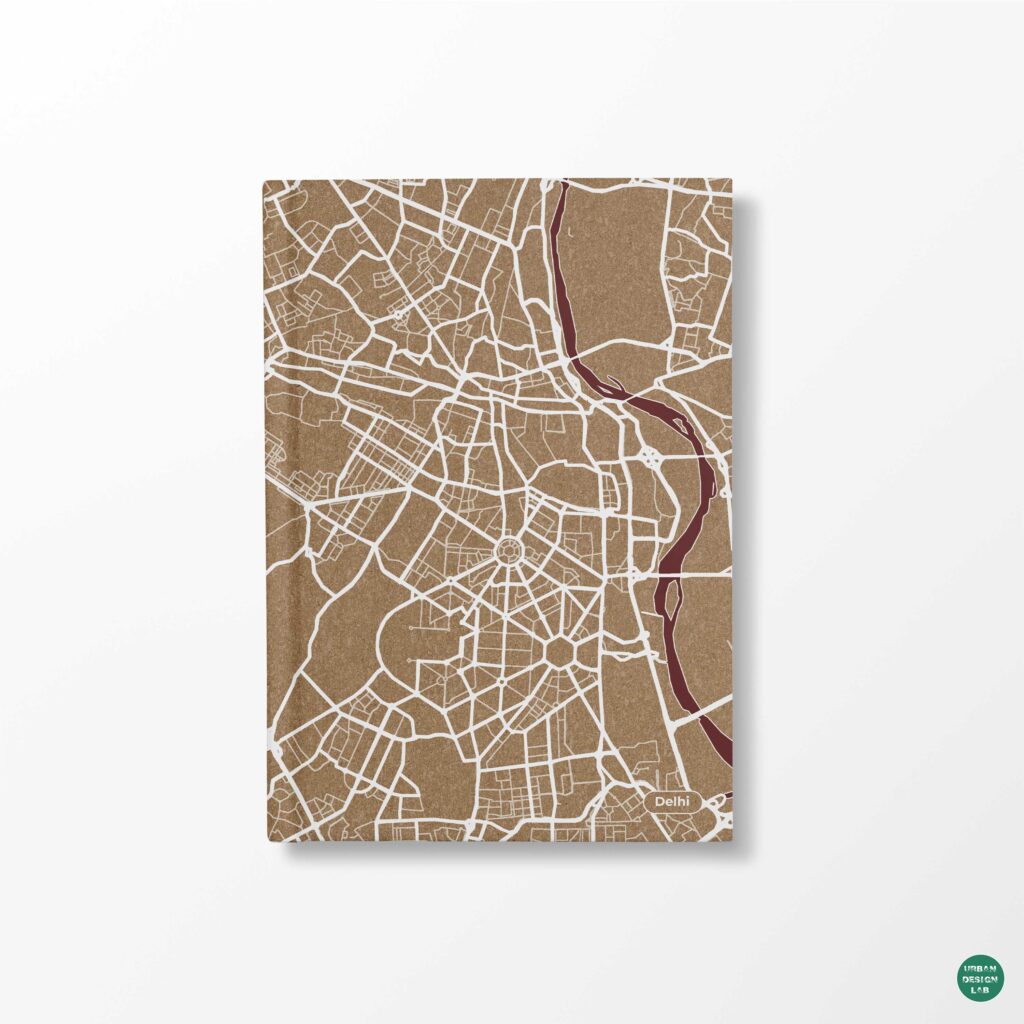
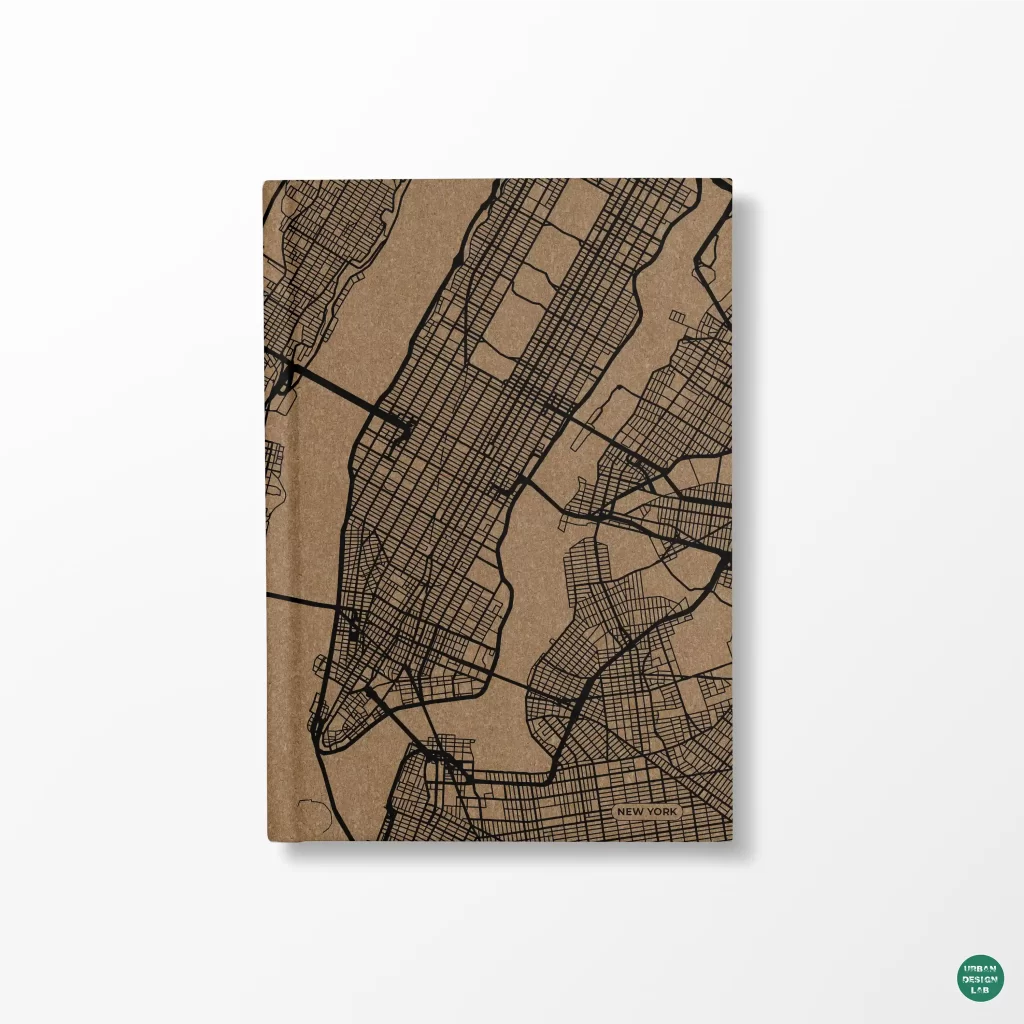

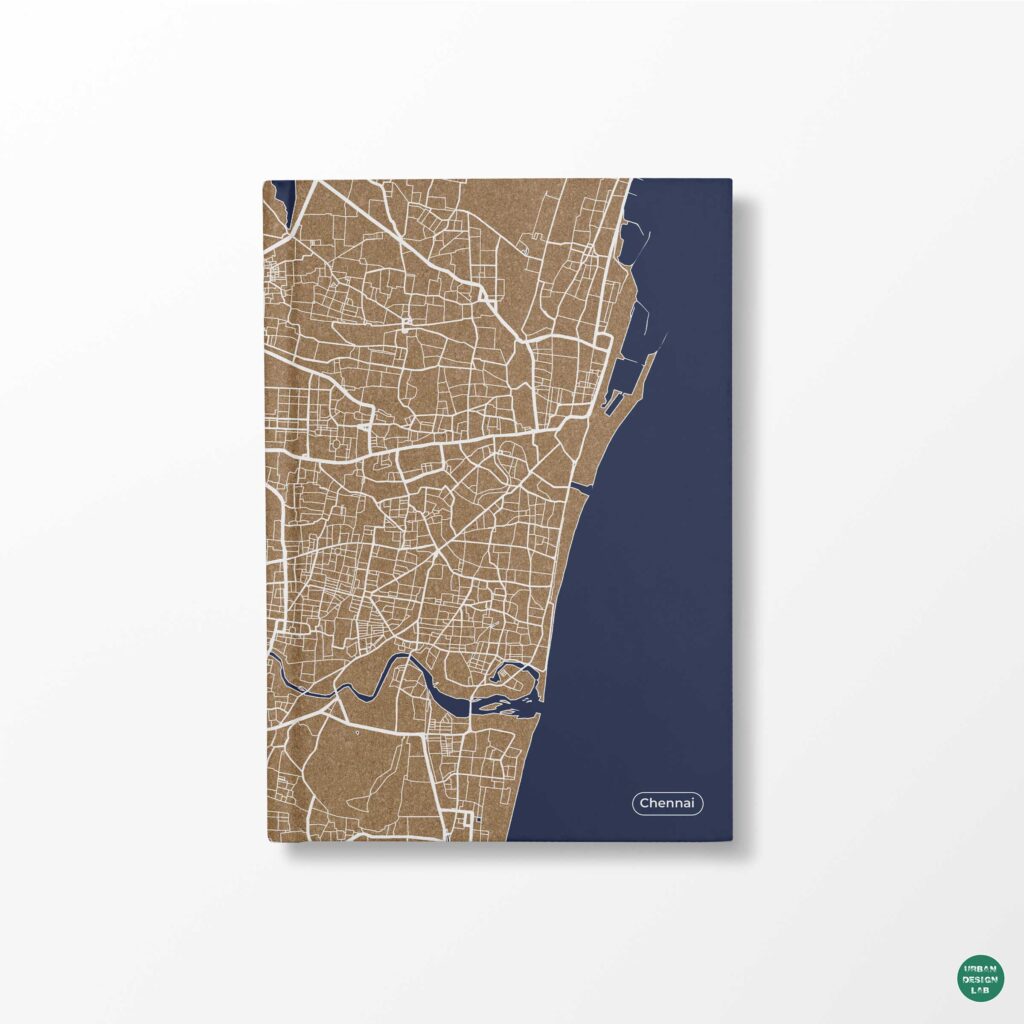
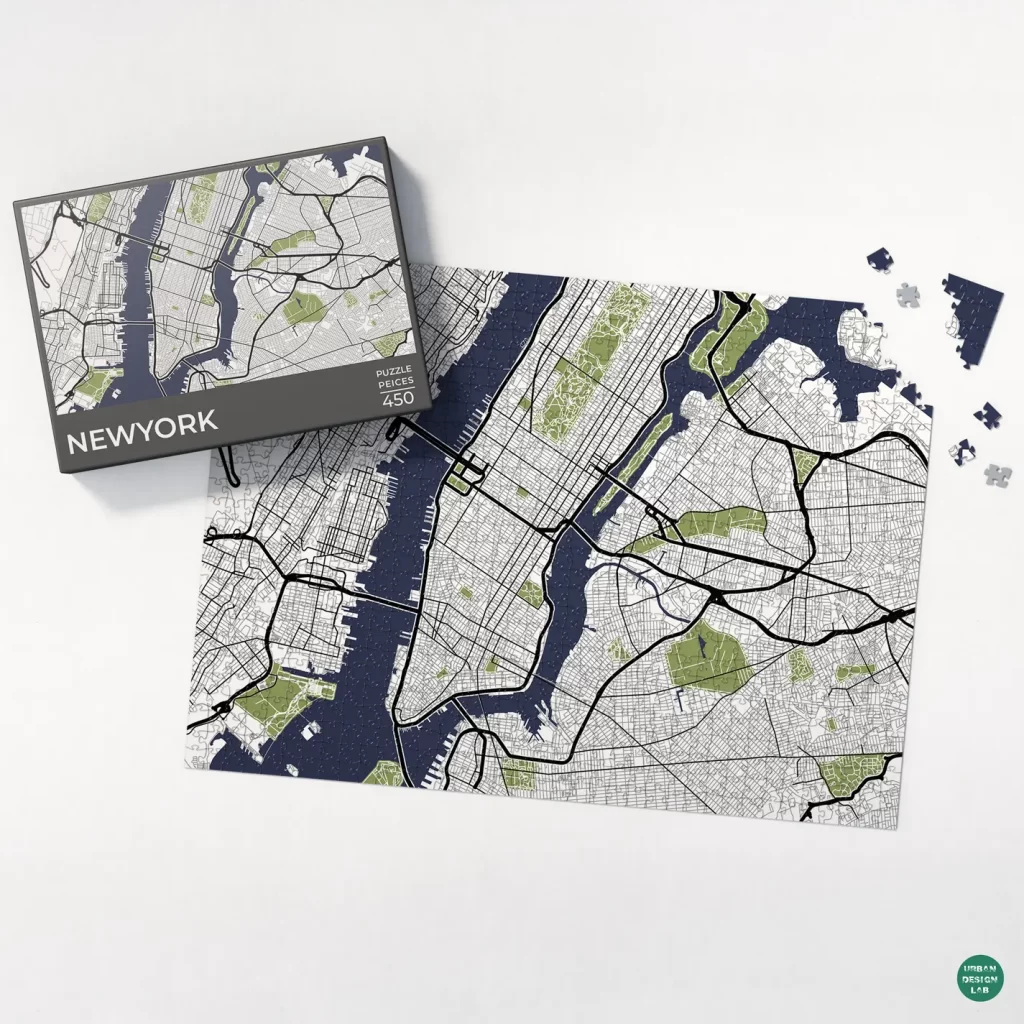
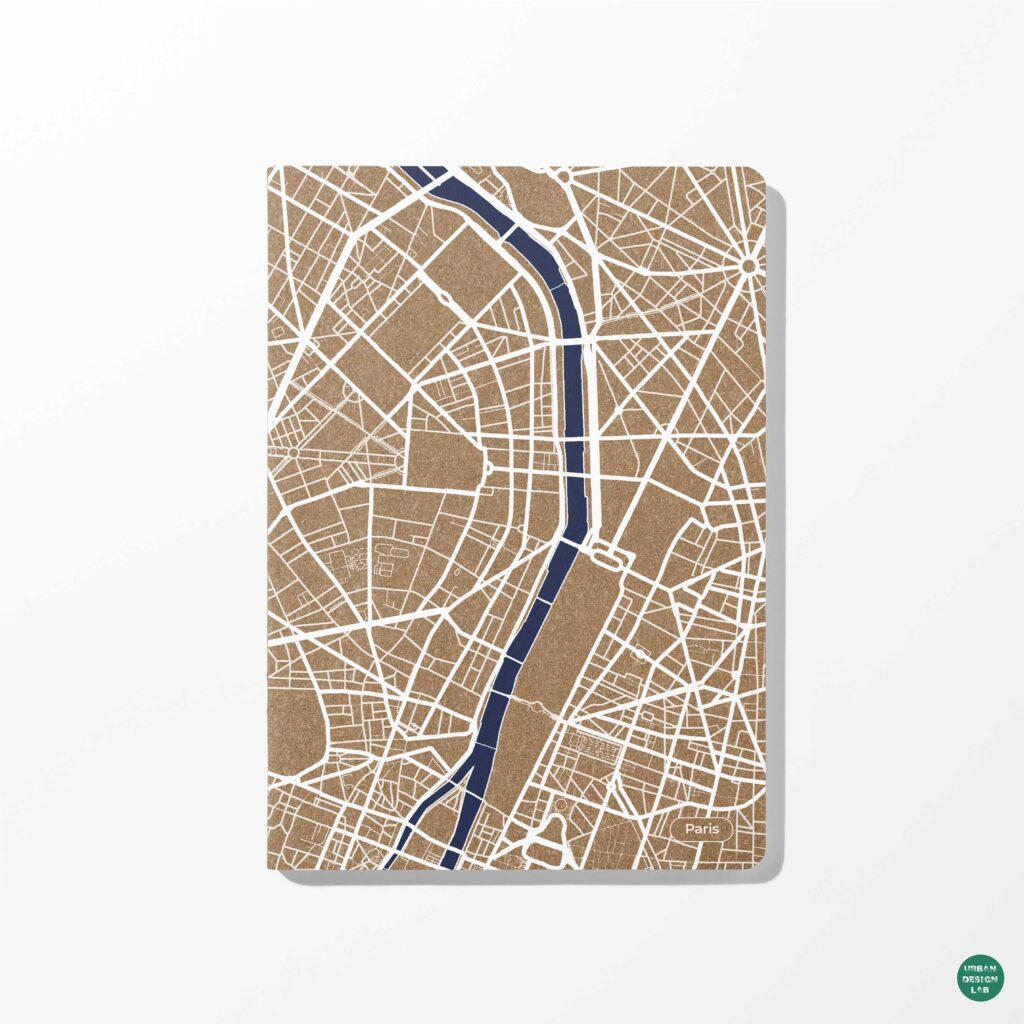

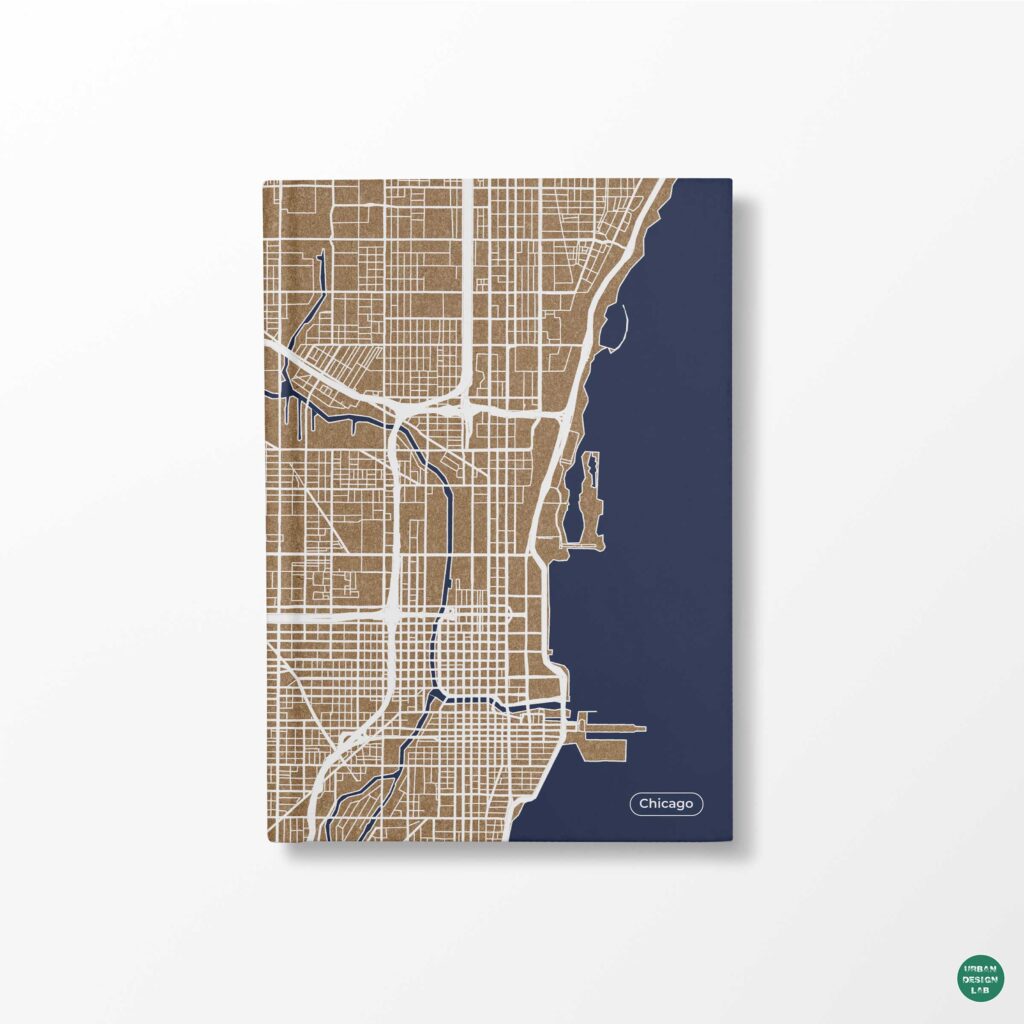

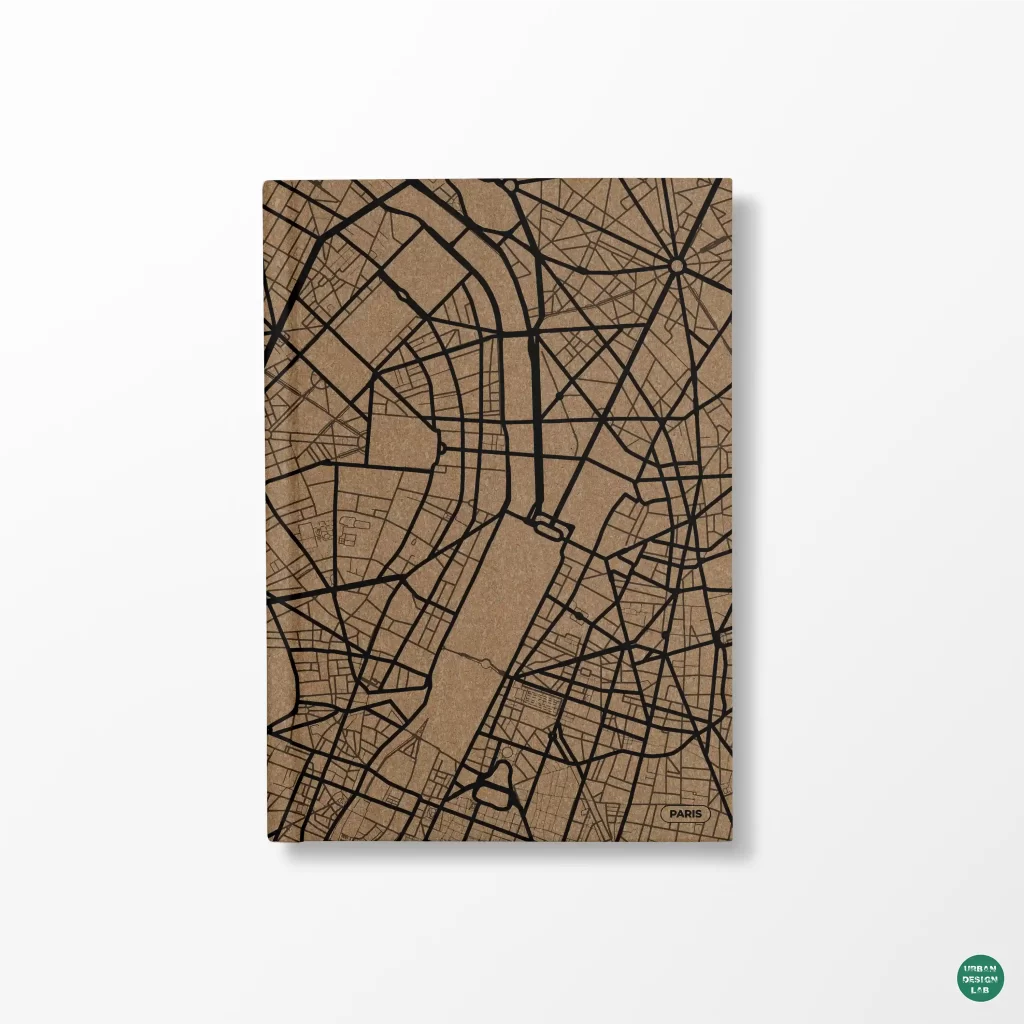
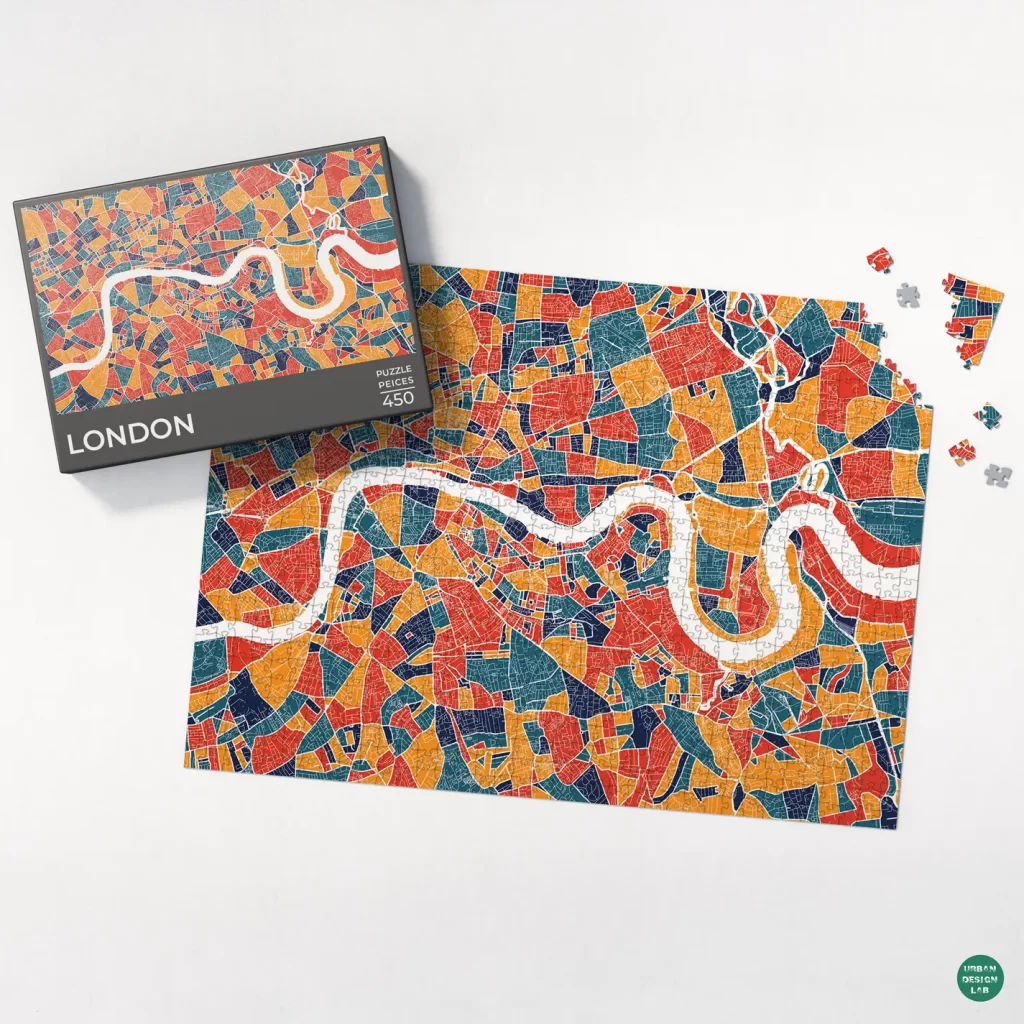


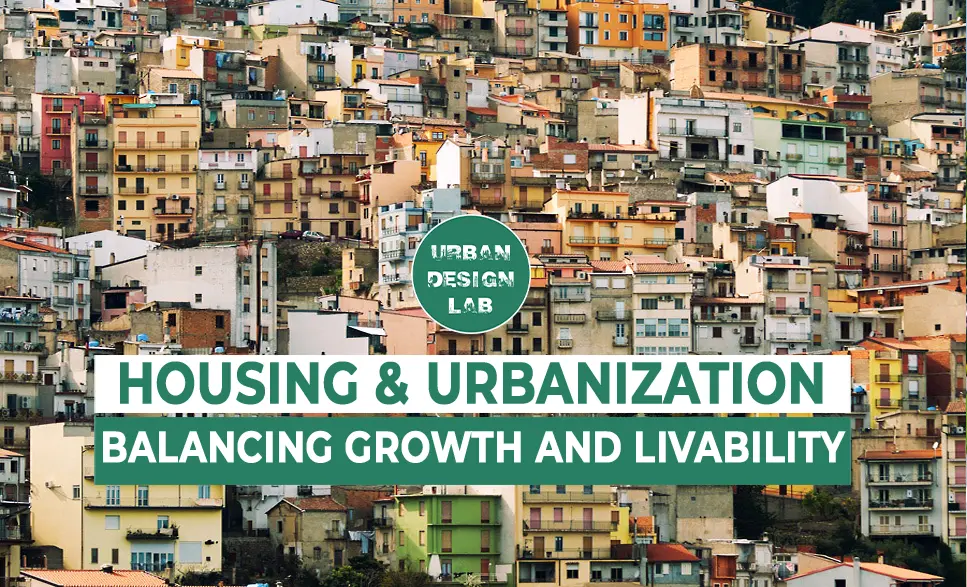
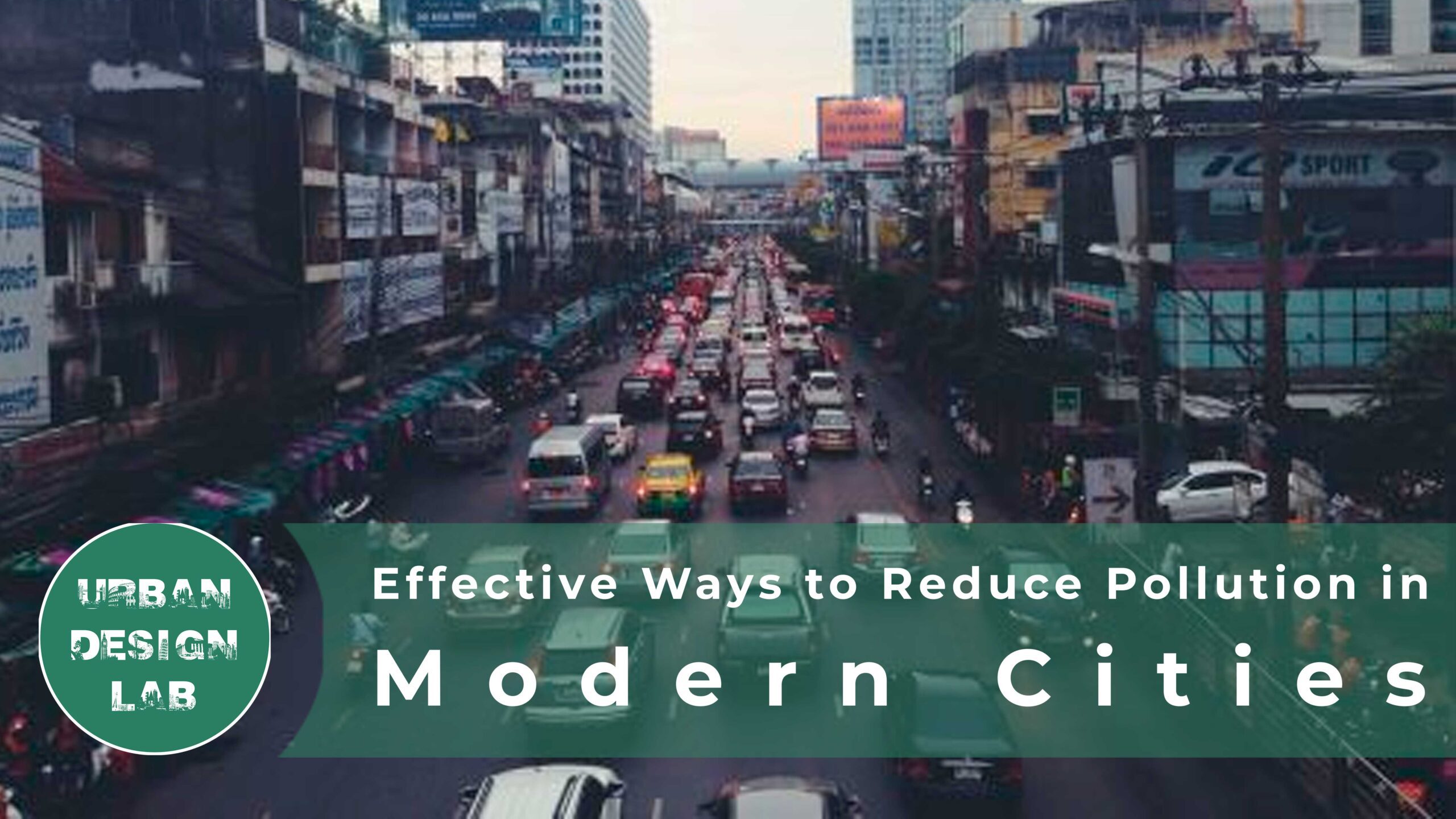
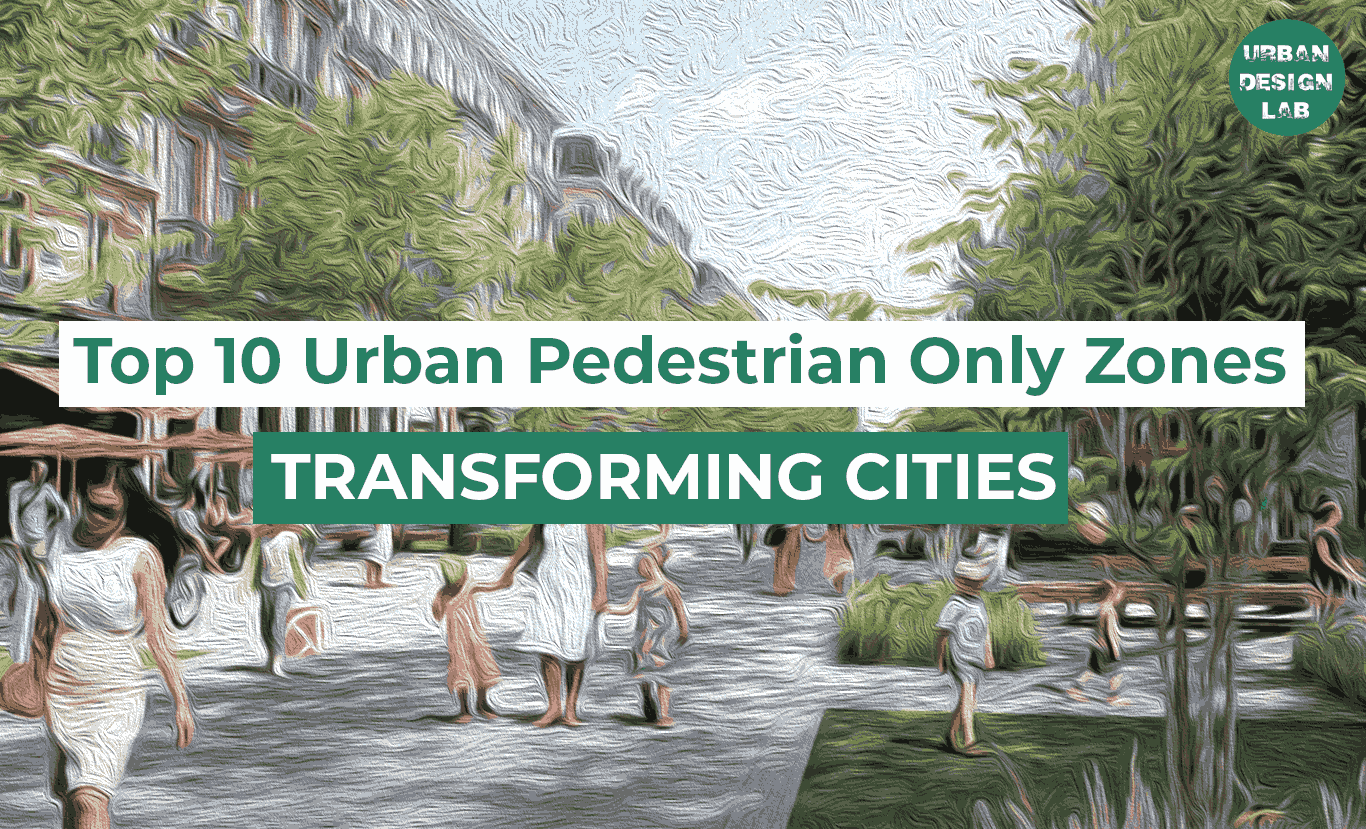



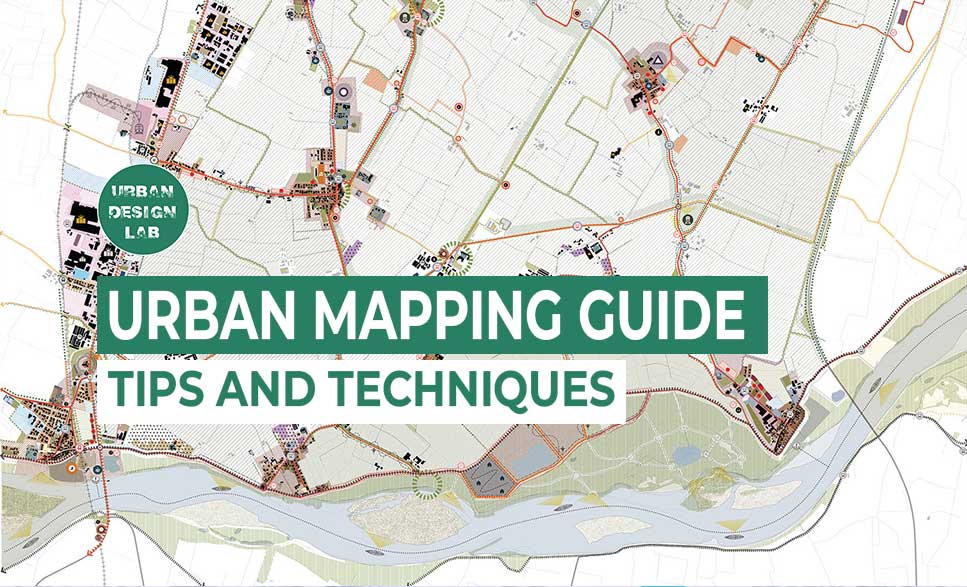
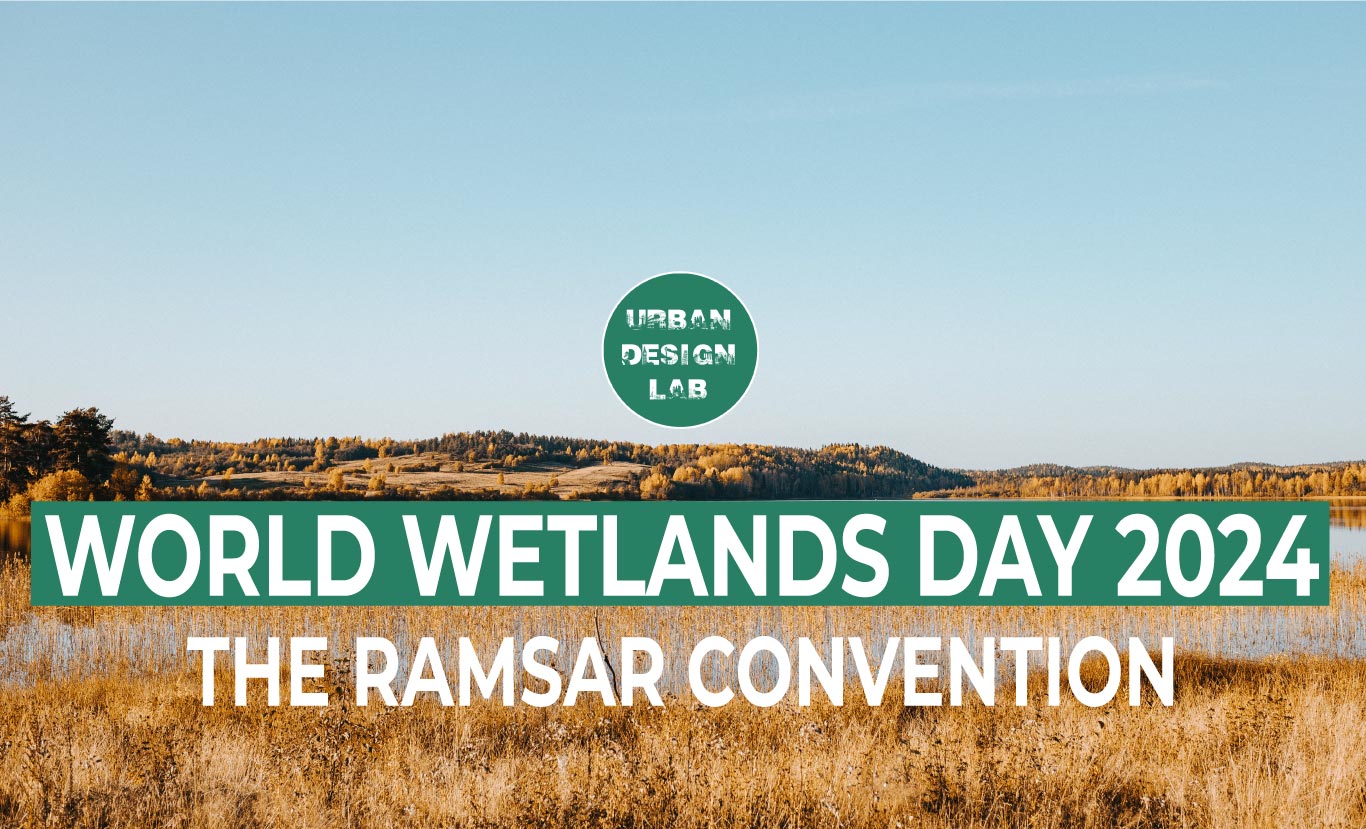
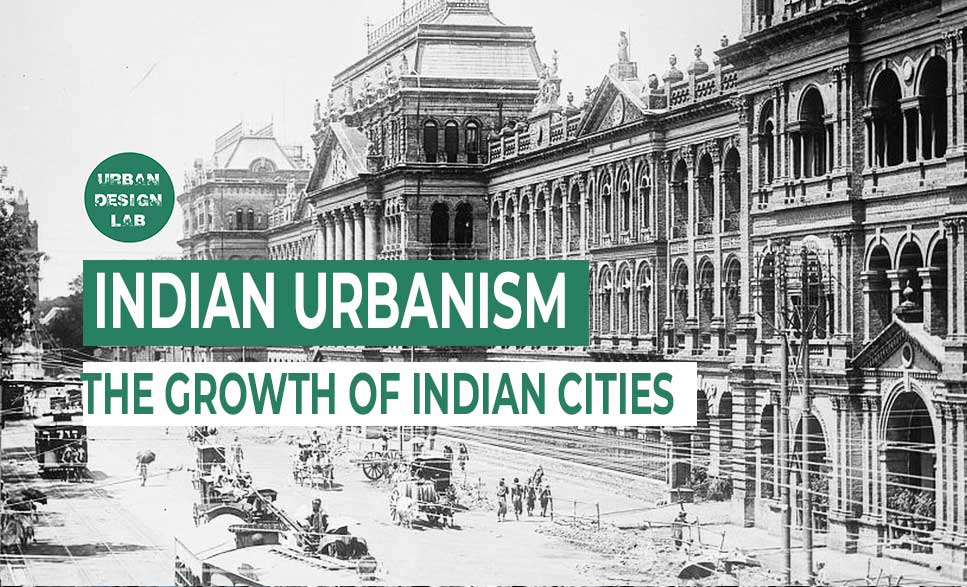
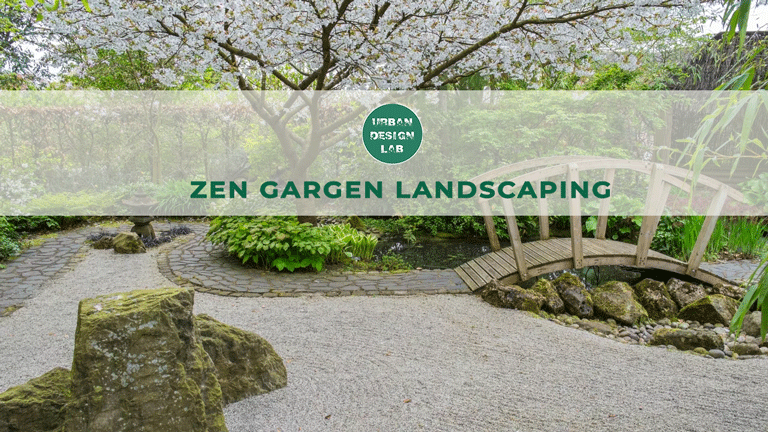


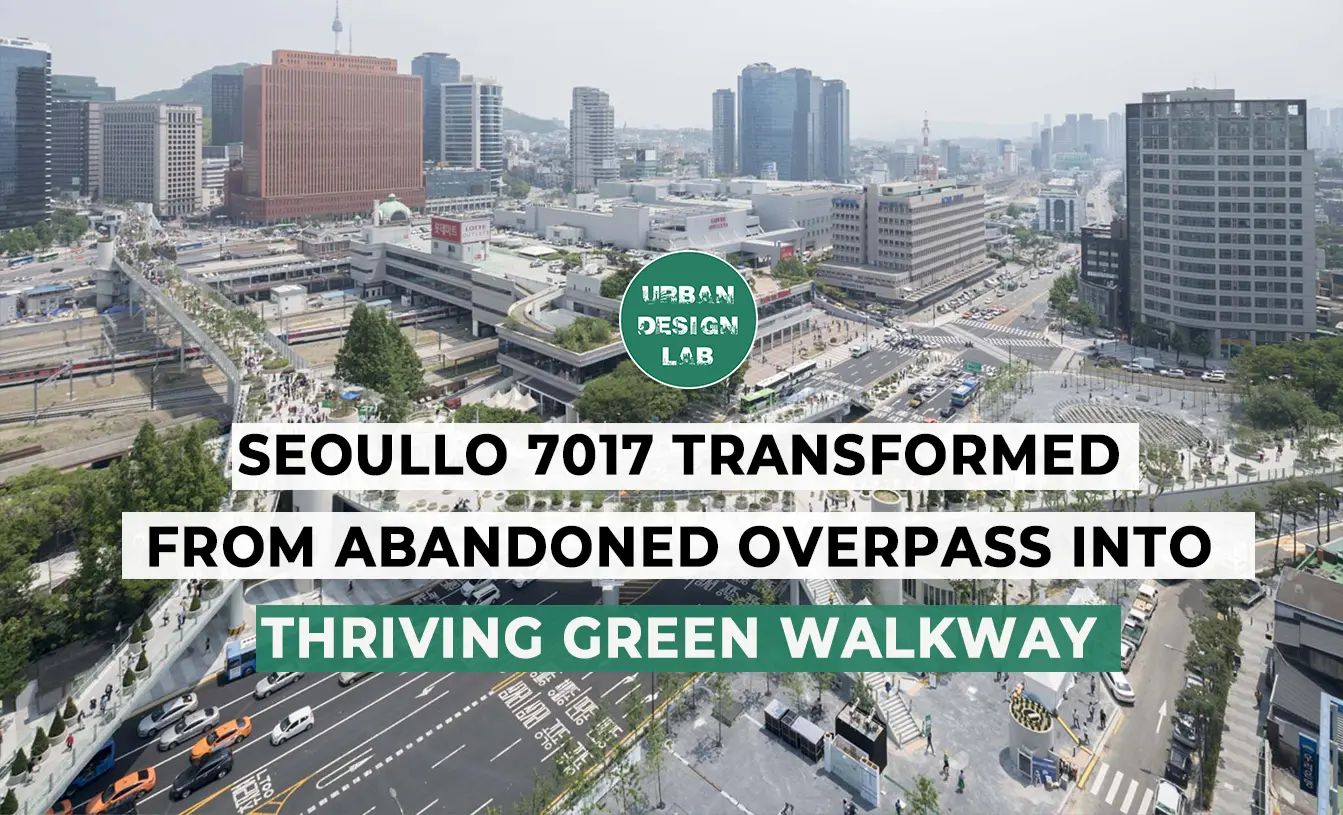



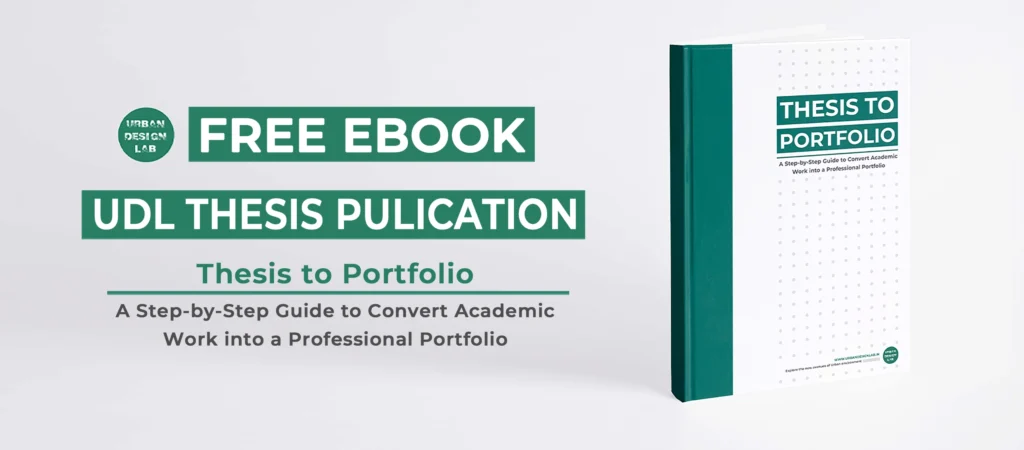
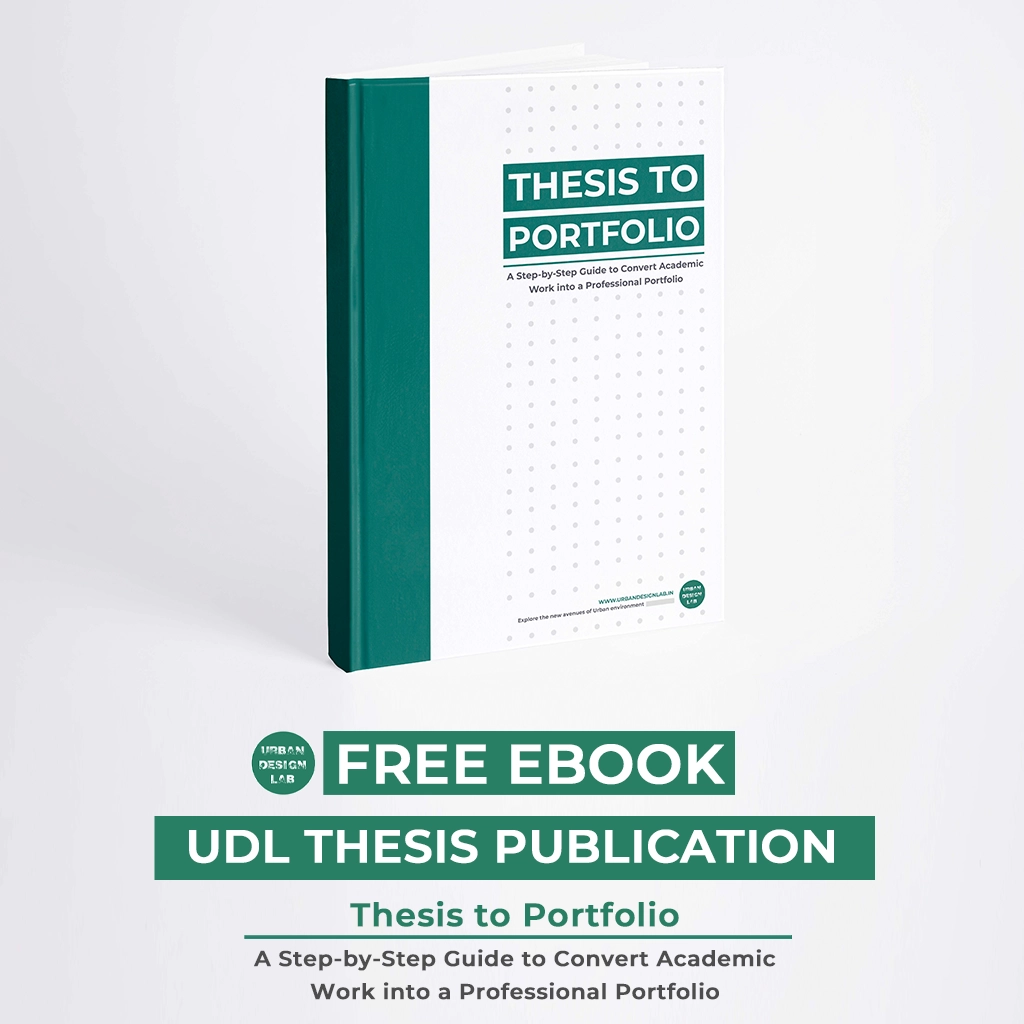
2 Comments
Very nice, but you can add the current problem related yo the filed
True